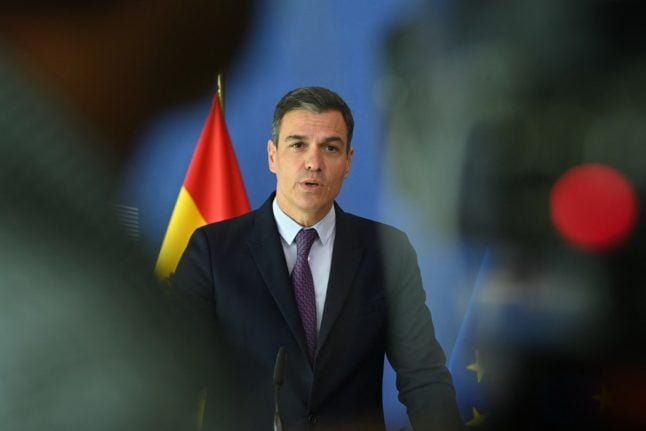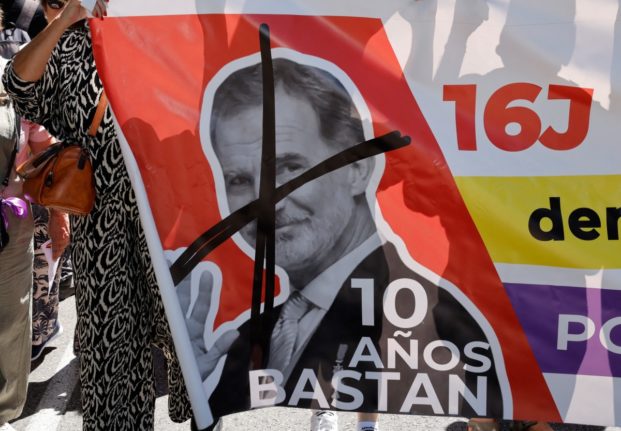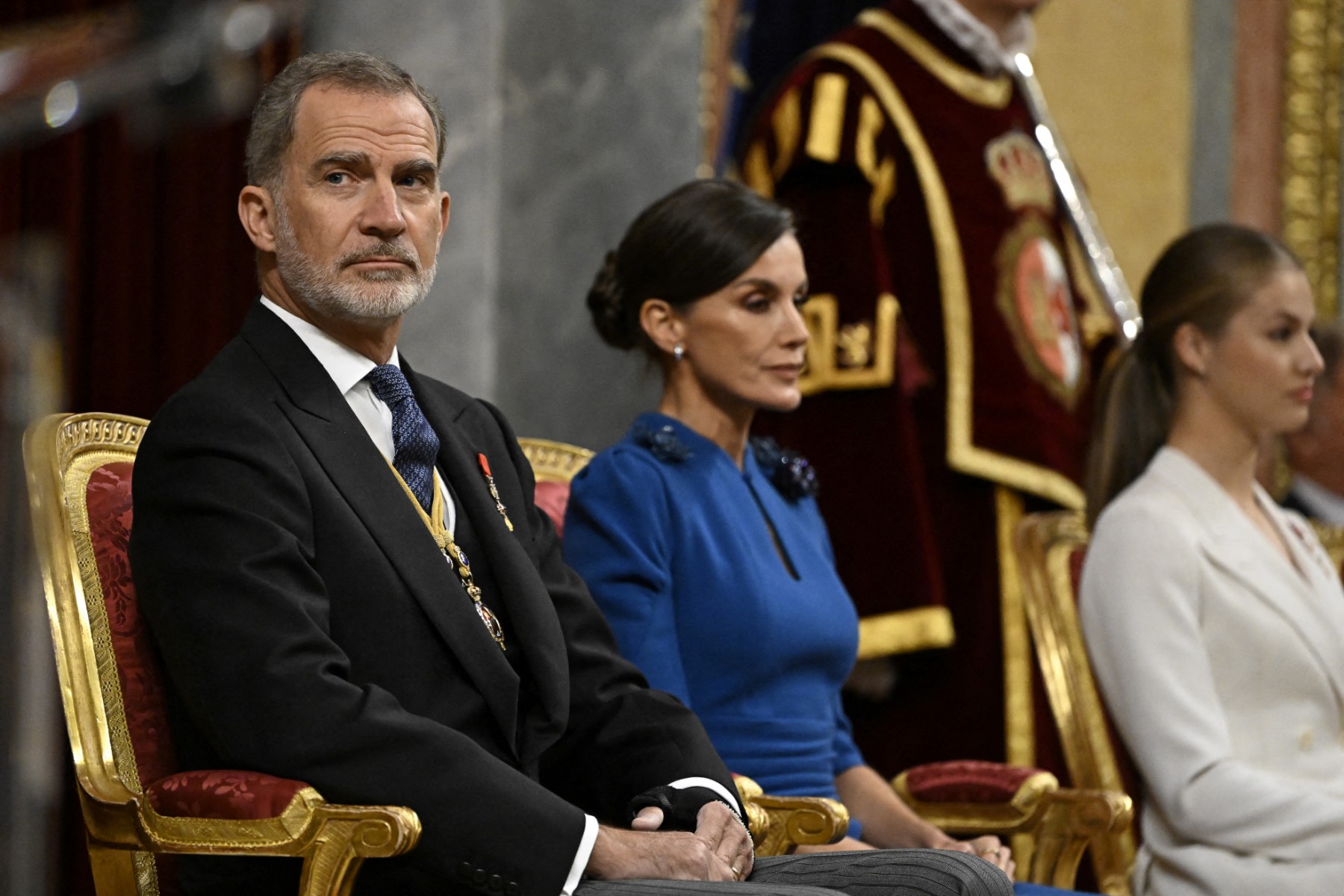Improving ties is key for Sanchez’s leftist minority government, which relies on Catalan leader Pere Aragones’ pro-independence ERC party to pass legislation in the national parliament.
They have been strained since Canada’s digital rights group Citizen Lab said in April that the mobile phones of over 60 people linked to the Catalan separatist movement had been the targets of Pegasus spyware after a failed
independence bid.
While the group said it could not directly attribute the spying operations to the government, the circumstantial evidence pointed to Spanish authorities.
Aragones, whose phone was one of the phones allegedly targeted, has since repeatedly demanded a meeting with Sanchez to discuss the affair.
The two leaders will meet on July 15 in Madrid, the Spanish and Catalan governments said following a meeting in Madrid between Parliamentary Affairs Minister Felix Bolanos and his Catalan counterpart, Laura Vilagra.
“Catalonia needs dialogue. No more tension. no more confrontation, we will never turn our backs again,” Bolanos told a news conference after the meeting.
The two sides also adopted a “framework agreement” to relaunch talks aimed at “resolving the political conflict” sparked by Catalonia’s failed independence bid, the Catalan government said.
Talks between Sanchez’s government and Catalonia’s were launched in February 2020 but were quickly suspended due to the Covid-19 pandemic.
They resumed on September 2021 after the central government pardoned nine jailed separatist leaders serving jail terms over Catalonia’s 2017 independence bid but made little progress.
Although Spain acknowledged its intelligence services had spied on the phones of 18 separatist leaders — with court approval — it said the “vast majority” of numbers identified by Citizen Lab were hacked by “unknown
actors.”




 Please whitelist us to continue reading.
Please whitelist us to continue reading.
Member comments